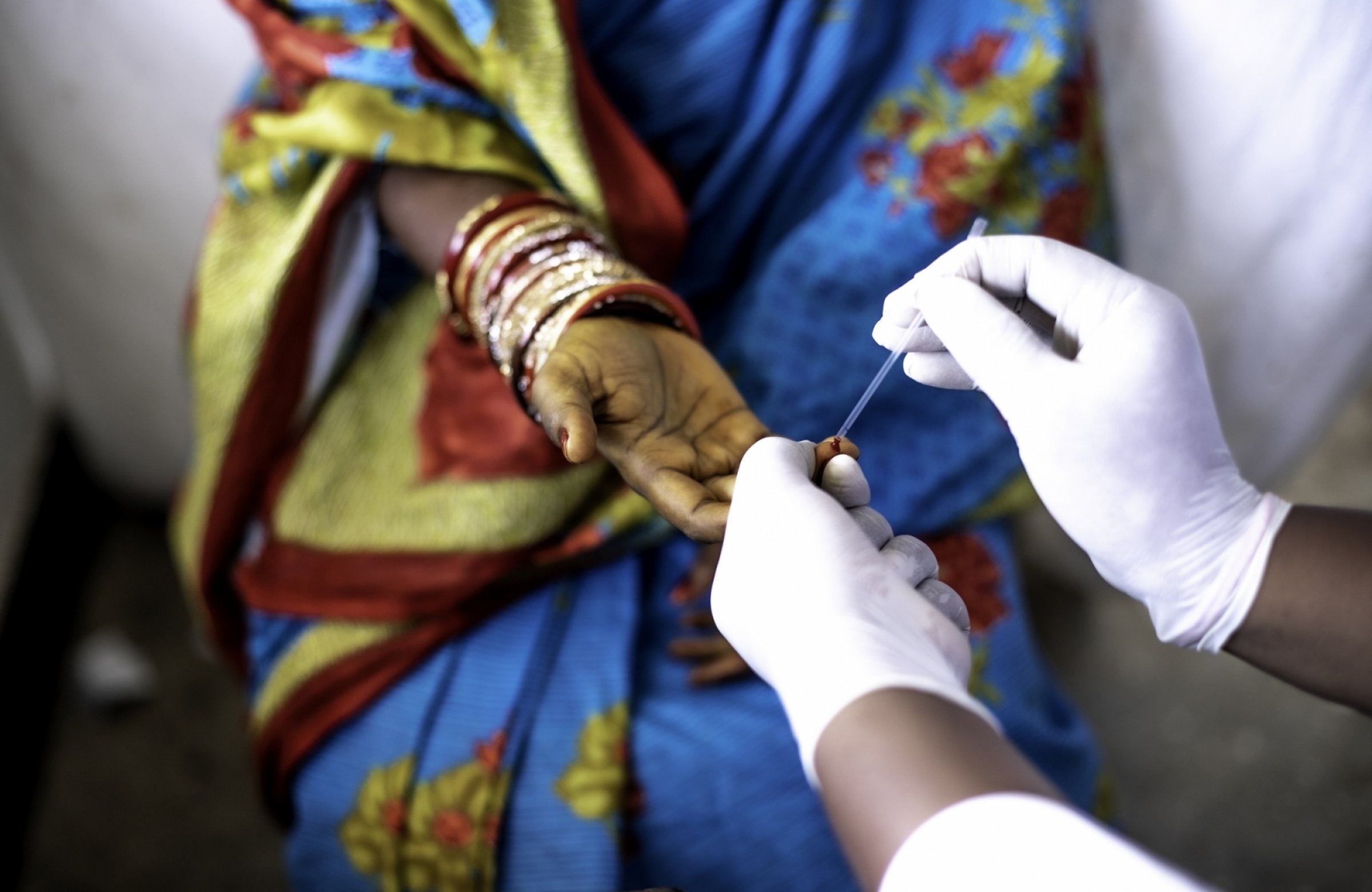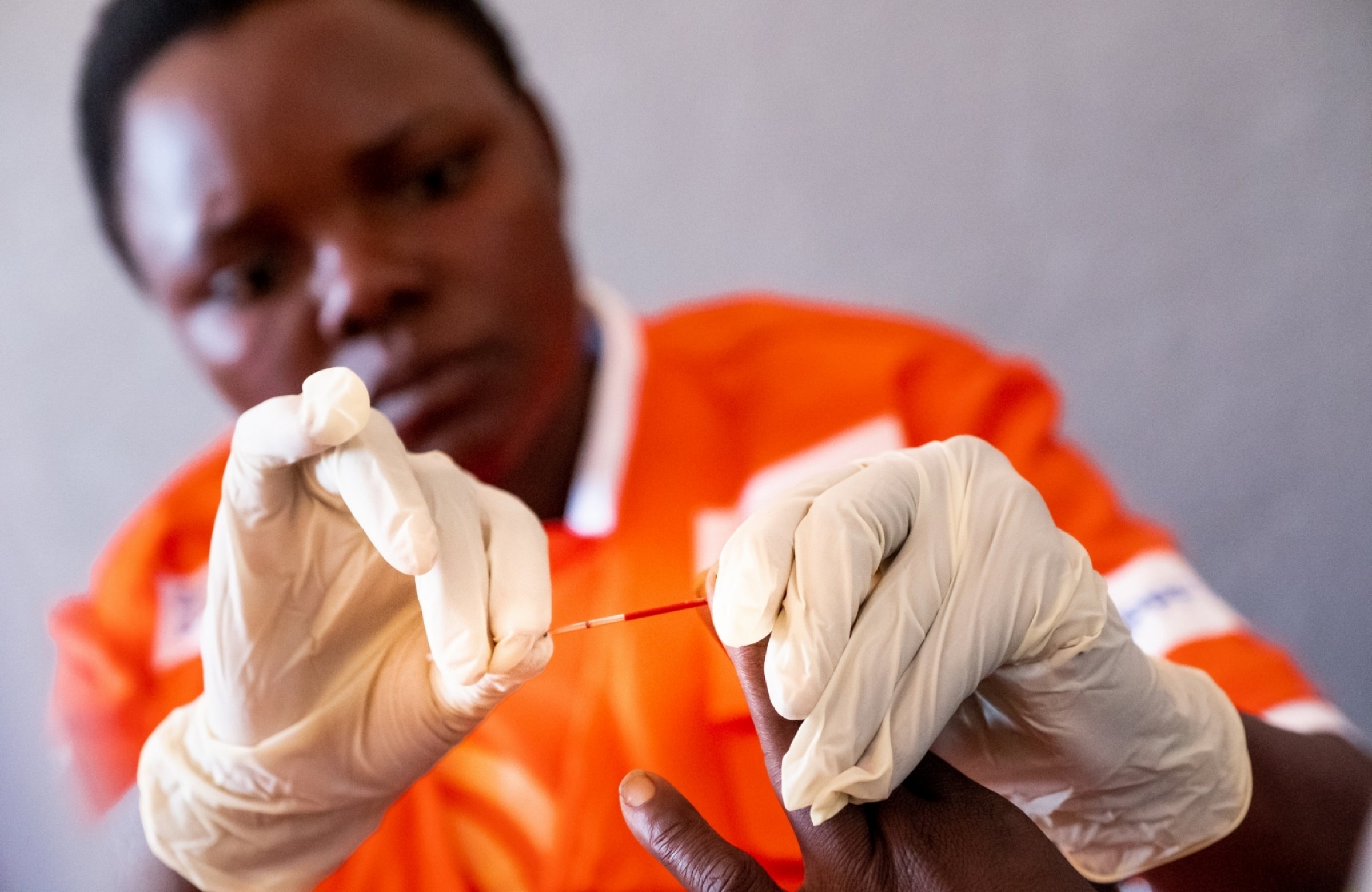Sub-Working Group on STIs/HIV
Page
10/29/2019
December 1, 2021, marks the second World AIDS Day (opens in a new tab) since the beginning of the COVID-19 pandemic. For populations affected by conflict and crises, COVID-19 has held specific consequences for service delivery and access to care, including for HIV prevention and response. Interruptions to HIV service delivery are often experienced during disruptions such as civil unrest, elections, flooding, cyclones, and disease outbreaks. These disruptions may further drive the HIV epidemic by fueling gender-based violence (opens in a new tab), child labor, and lack of access to HIV services.
As we observe World AIDS Day this year, the STIs/HIV Sub-Working Group (SWG) wishes to emphasize the need for adaptive strategies during humanitarian crises, particularly during the continued COVID-19 pandemic, to ensure uninterrupted service delivery to those we serve.
The STIs/HIV SWG encourages IAWG members to learn more about these adaptive strategies and to join the SWG’s ongoing conversation around stronger integration of STI and HIV services in comprehensive SRH. Please contact the STIs/HIV SWG co-leads for more information.
These include, but are not limited to:
Use of a community’s own resources, including community engagement teams and place-based organizations (opens in a new tab), to design HIV preventions strategies such as prevention counseling, consistent condom provision (opens in a new tab), screening and management of STIs (opens in a new tab), distribution of HIV self-testing kits (opens in a new tab).
Decentralized ART distribution (opens in a new tab) includes home ART initiation, integrated outreach, community ART groups (opens in new tab), community pharmacy refills, peer-led ART distribution (opens in new tab), ART pick-up by treatment supporters, and multi-month ARV distribution.
Referrals (opens in a new tab)and linkage of people living with HIV to community psychosocial support groups (opens in a new tab), OVC and GBV support, sexual and reproductive health care (opens in a new tab), and household economic strengthening programs; linkage of treatment (opens in a new tab) for HIV to other chronic care programs.
Training of healthcare providers and lay cadres to improve quality of care (opens in a new tab) in fragile and humanitarian settings.

Page
10/29/2019

Page
10/13/2019
IAWG members and partners are producing clinical and programmatic guidance, assessments, policy papers, and statements to ensure continued prioritization of sexual and reproductive health and rights throughout COVID-19 response in humanitarian settings.